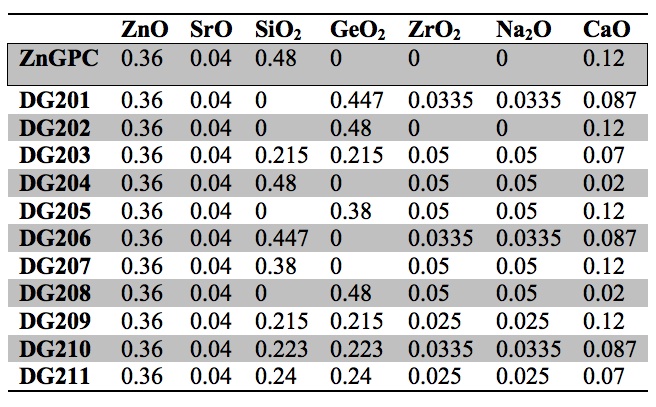Electrochemical DNA sensors using epitopes to detect antibody
Supervisor: Alexis Vallée-Bélisle
Many diseases require the continuous monitoring of its biomarker. For example, the glucometer, the self-monitoring of glucose level that benefits many diabetes patients by reducing the risk of serious secondary clinical complications. 1
Although glucometer is very successful, this enzyme-based sensor can only be used to detect glucose. In this project, we propose to use peptide epitopes as biorecognition elements. By covalently attaching the DNA and peptide, our DNA-based sensor has the potential to detect many antibodies, therefore provide a general solution to the point-of-care testing.
Besides the ability to detect various targets, the capacity to detect targets in a complex mixture (for example, whole blood) is also a very important feature of a biosensor. Among many recent developed techniques, electrochemical DNA based sensor has shown a promising ability to detect targets in whole blood. In 2015, our lab reported the electrochemical based steric hindrance hybridization assay (eSHHA) that enables the detection of various proteins in a single step in whole blood.2 In this project, we want to explore new strategies that enhance the eSHHA sensor performance and also discuss the mechanism for the new sensing architecture. After the sensor is optimized, as our future application, we want to measure the level of B-type natriuretic peptide (BNP) in blood, this peptide can be released in response to changes in pressure inside the heart. These changes can be related to heart failure and other cardiac problems.
Keywords: electrochemical DNA sensors, steric hindrance,
Equipment: Potential stat, DNA synthesizer, HPLC, gold electrod
Techniques: Organic chemistry, analytical chemistry, biochemistry
URL: http://www.nanomachineslab.org/about-us/
Xiaomeng Wang
Contact Information

- Université de Montréal
Department of Chemistry - Quebec,
- Email: xiaomengwang.ca@gmail.com
Biomaterial Highlight Of The Month
Preliminary Evaluation of Germanium Based Glass Polyalkenoate Cements
Daniel Boyd
Brett Dickey

Read More
